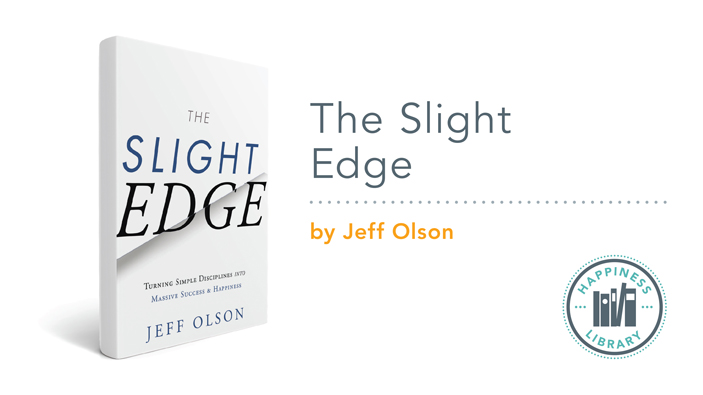Learning that you or a loved one has a chronic illness is news you never want to hear. The knowledge of such information is often accompanied by feelings of fear, anger, and depression, which can cause debilitating, unnecessary stress. By understanding more about your condition and adopting a positive outlook on life, you can set the course for a better future.During my time at Harvard University, I focused on positive psychology, the scientific study of what makes people thrive. Research in the field has found a strong connection between an individual's mindset, social support system and well-being. Recently I have been able to leverage the research behind positive psychology to help people living with multiple sclerosis. Through a program called Everyday Matters sponsored by the National MS Society and Genzyme, I am working to provide tools and resources related to positive psychology, wellness, work/education, relationships, family, and empowerment to the community. As a chronic, unpredictable and often disabling disease, the power of positivity is extremely important in managing MS.In my bookThe Happiness Advantage, I've outlined the advice I've been giving to Everyday Matters participants into simple tips that can help those not only with a chronic disease such as MS, but everyone, in achieving a more empowered existence. You can see myTED talkto hear more about this research, which is described in brief below.Send an Appreciative EmailWhen you open your inbox for the first time each day, take two minutes to send an email to someone in your social support network (family member, friend, teacher, coach, coworker) praising him/her or thanking that person.Studies from Harvardshow this is so powerful that there is actually a correlation between happiness and social connection of 0.7, significantly higher than the correlation between smoking and cancer. Social connection can be aspredictive of your longevityas high blood pressure, obesity and smoking.Smiling Is ContagiousThrough astudy involving 11,000 hospital employeesover six months, it was found that smiling, making eye contact and simply saying hello within 10 feet of another person increased the hospital's patient satisfaction, the doctors' job satisfaction, and the likelihood to refer the hospital to others. This is because of the way neurons function in our body, lighting up at the receipt of a friendly gesture, telling our brains to smile when someone smiles at us and spreading the joy all around.Give ThanksThink of three things you are grateful for before you go to sleep for 21 days.The Happiness Advantage, and at the end of the study, participants were significantly more optimistic, and further, the change wasn't temporary -- the positive mindset lasted even six months later. An added effect: Increasing your optimism can improve your productive energy by 31 percent!Never Give Up On the Good TimesTake two minutes every day to write down every detail you can remember about one positive experience that occurred over the past 24 hours. As our brains can't tell much difference between visualization and actual experience, by rehashing a high point in the day you double the effect of that positive experience. Overall, this leads to greater life satisfaction and meaning. Studies have shown thatwomen who wrote about positive experienceswere 40 percent more likely to live to age 94 than their negative peers.Have FunBy adding 15 minutes of a fun, mindful activity to your day, like gardening, going on a walk or working out, your brain learns to believe that behaviors matter -- the core of optimism. In fact, in one study, researchers took people suffering from depressions and had half take an antidepressant and half do light aerobic exercise in order to train their brain to believe that their behavior matters. While there were equal drops in depression for the first few months, the group that added a habit of exercise had significantly lower chance of relapse back into depression 10 months later. Habits like the "Fun 15" help your brain record a victory, which creates a "cascade of success," where individuals start creating a constellation of positive habits around them, decreasing the likelihood for depression and despair.MeditateTake two minutes each day to stop what you're doing and watch your breath go in and out. This exercise trains your brain to do one thing at a time.Research suggeststhat a multitasking brain has a harder time falling asleep, is more stressed, and has lower energy. By taking time to relax the brain has a chance to undo the negative effects of trying to manage everything at once.As part of Everyday Matters, we're following five people through personal text, video and photo journals as they learn to apply these tips in their everyday lives. To see how they are doing, comment on their journeys, to offer your own gratitude, or to access resources about positive psychology you can visitwww.everydayMSmatters.org.Happiness is a choice, even in the midst of a chronic illness. By taking small steps, large goals can be accomplished, enhancing the outlook and overall well-being of those living with or affected by a life-altering disease.
Read More




